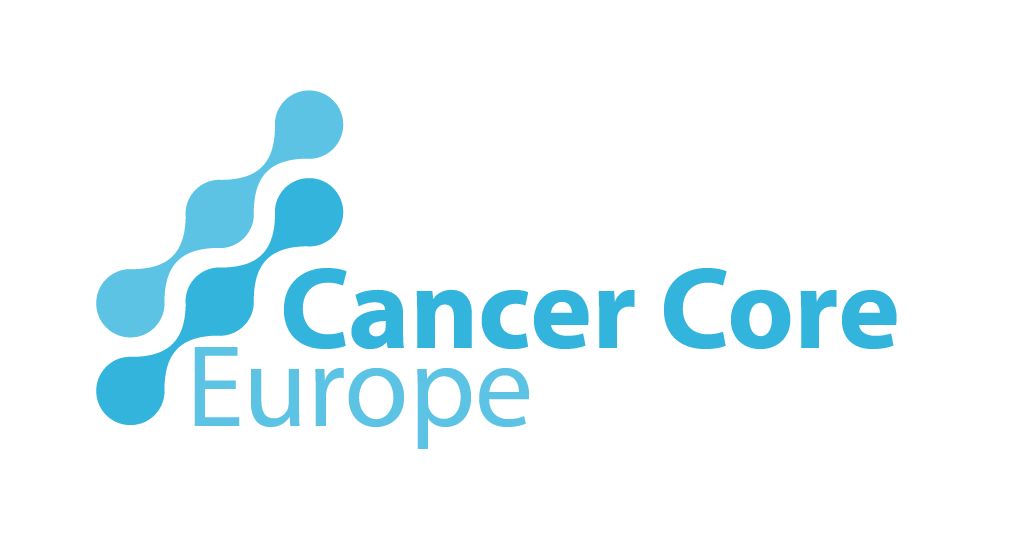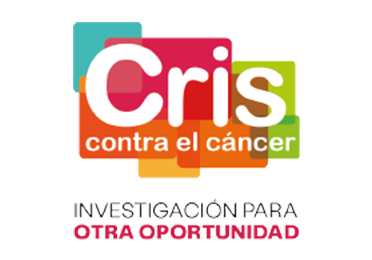
As a notoriously ‘silent’ disease in terms of identifiable symptoms, pancreatic cancer generally manifests itself at late and advanced stages, with only 20% of patients as candidates for curative surgery. What’s more, this difficult-to-treat tumor type is also one with the fewest scientific and treatment advances. Five-year survival remains less than 10% among this population, and over recent years incidence of pancreatic cancer has increased considerably. So much so that it’s forecast to rank second as the most frequent cause of death due to cancer in the United States by the year 2030, and already exceeds breast cancer mortality rates in Europe.
To mark this year’s World Pancreatic Cancer Day, held annually on November 21 to bring greater attention, awareness, and better outcomes to this deadly disease, we take this opportunity to outline just how VHIO scientists and clinical investigators work in multidisciplinary, translational teams -firmly within the context of precision medicine in oncology- to help reverse these alarming trends:
POLO: the promise of PARPi maintenance therapy against BRCA+ metastatic pancreatic cancer

As a recent example of just how VHIO is advancing more potent and personalized anti-cancer therapies to deliver on this collective ambition, Teresa Macarulla, Principal Investigator of our Gastrointestinal & Endocrine Tumors Group, headed by VHIO’s Director, Josep Tabernero, co-authored a late ‘breaker’, which was selected to first-outing during a Plenary Session at this year’s Annual Meeting of the American Society of Clinical Oncology (ASCO), 31 May – 04 June, Chicago, USA.
Presented by lead author Hedy L, Kinder (University of Chicago, USA), the investigators reported the results of the Phase III POLO study: a multi-center, international study designed to evaluate the efficacy of maintenance therapy with a PARP inhibitor (PARPi) in patients with germline BRCA-mutated metastatic pancreatic cancer.By showing that maintenance therapy with PARPi olaparib significantly improved progression-free survival (PFS) compared with placebo among these patients, this is the first study with positive results in better tailoring therapy based on a biomarker. Specifically, as the first positive phase III clinical trial of any PARPi in germline BRCA-mutated breast cancer, this could represent new hope and open up new treatment avenues for this patient population. Crucially, this is the very first targeted treatment against pancreatic cancer.
Timed to coincide with the actual Meeting Session, and indicative of the promise of these data as practice changing, results were published in parallel as an Original Article in The New England Journal of Medicine (1). Commenting for VHIO Communications Teresa Macarulla, also VHIO team lead for the ‘local’ recruitment of patients for this trial, observed, “Approximately 6-8% of patients with pancreatic cancer are carriers of this mutation and could stand to benefit from this novel therapeutic strategy. It’s a first step, and we must now establish whether other mutations in DNA repair could also benefit from this approach against pancreatic cancer.”
The promise of nanomedicine in improving outcomes for patients
Led by Teresa Macarulla, VHIO is a partner of the EU Horizon 2020 research and innovation program supported NoCanTher (2) Consortium led by IMDEA Nanoscience: Nanomedicine upscaling for early clinical phases of multimodal cancer therapy. Comprising 11 leading European research centers, also including the Vall d’Hebron Research Institute (VHIR) as well as industry partners, this project represents an important forward step in utilizing nanoparticles that can better target and more precisely combat cancer cells.
Set to drive a multimodal therapeutic approach based on functionalized magnetic nanoparticles and magnetic hyperthermia for the intra-tumoral treatment of pancreatic tumors closer to the clinic, NoCanTher could promise more potent anti-cancer weaponry against this disease. “We are seeing more and more advances driven by nano-based drug delivery and cancer medicine against some of the most difficult-to-treat tumor types including pancreatic cancer. This powerful multi-center European Consortium incorporates outstanding partners who will collectively raise the bar in driving nano-based therapeutics to the clinic,” commented Teresa.
Unraveling the role of micropeptides in pancreatic cancer progression and metastatic cell spread

María Abad, Principal Investigator of our Cellular Plasticity and Cancer Group, is leading a research project to analyse the microproteome of pancreatic cancer and, thus, identify new micropeptides that may be used as targets for the advancement and development of novel cancer medicines. Over the past few years, various studies have focused on characterizing micropeptides in order to decipher their implication in fundamental biological processes such as DNA repair, muscle physiology and regeneration, and yet their role and relevance in cancer and metastatic cell spread have not been well described.
Spurred by the fact that the small molecular size of these micropeptides makes them superb candidates to be shed in tumor-derived exosomes, coupled with recent data showing that exosomes secreted by pancreatic cancer cells can be used as a surrogate marker of disease spread and also pave the way for pre-metastatic niches in the liver, María’ team, in collaboration with other expert researchers and clinical investigators, will seek to establish that these micropeptides are novel biomarkers produced by pancreatic cancer cells and play a key role in tumor-microenvironment communication and metastasis.
More specifically, research directed by Maria, and jointly coordinated by Hector Peinado, Head of the Microenvironment and Metastasis Group, the Spanish National Cancer Research Centre (CNIO – Madrid), and Bruno Costa Silva, Head of Systems Oncology, Champalimaud Foundation (Lisbon, Portugal), will count on their renowned expertise in micropeptides, exosomes, and liver pre-metastatic niches, respectively, as well as a team comprised of leading pancreatic cancer clinical investigators including VHIO’s Teresa Macarulla, and specialists in proteomics and biocomputing.
“In my laboratory we have already unmasked several micropeptides implicated in cancer. Some halt tumor growth, while others prevent cancer cells from invading other tissues and metastasizing,” said María Abad.
She concluded, “It is thanks to this invaluable support received from ”la Caixa”, FERO Foundation, and the Mutua Madrileña Foundation that we will be able to navigate this new world of micropeptides in greater depth towards translating their therapeutic promise at the clinical level.”
To discover more about VHIO’s research lines and projects aimed at advancing research against pancreatic cancer please contact Amanda Wren, Director of Communications at VHIO, via email: awren@vhio.net.
###
References:
(1) Talia Golan, Pascal Hammel, Michele Reni, Eric Van Cutsem, Teresa Macarulla, Michael J. Hall, Joon-Oh Park, Daniel Hochhauser, Dirk Arnold, Do-Youn Oh, Anke Reinacher-Schick, Giampaolo Tortora, Hana Algül, Eileen M. O’Reilly, David McGuinness, Karen Y. Cui, Katia Schlienger, Gershon Y. Locker, and Hedy L. Kindler. Maintenance Olaparib for Germline BRCA-Mutated Metastatic Pancreatic Cancer. N Engl J Med. 2019 Jul 25;381(4):317-327. doi: 10.1056/NEJMoa1903387. Epub 2019 Jun










